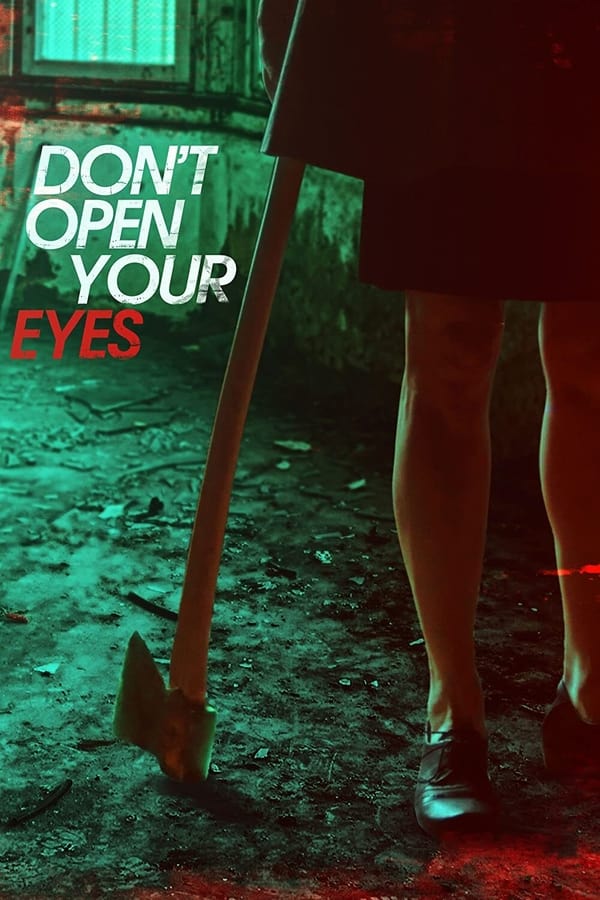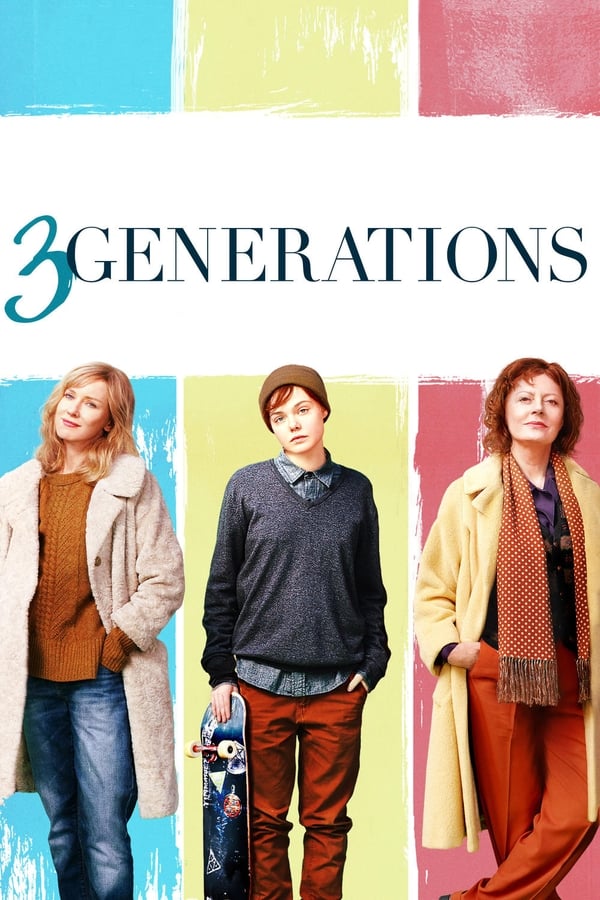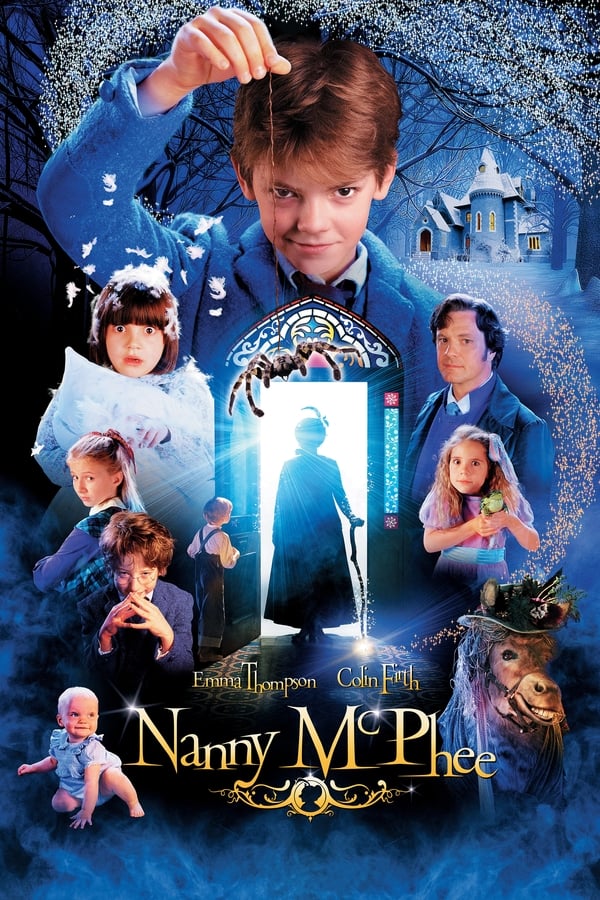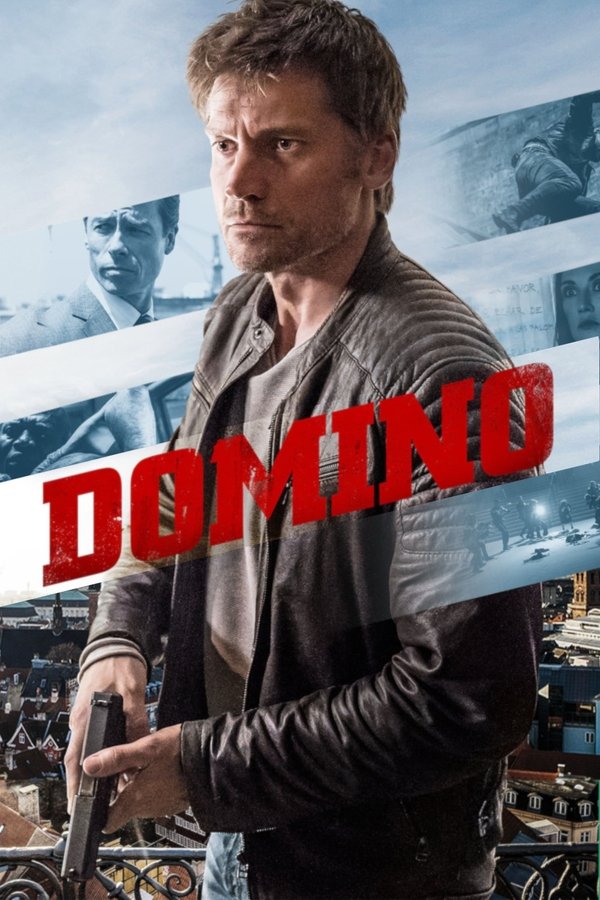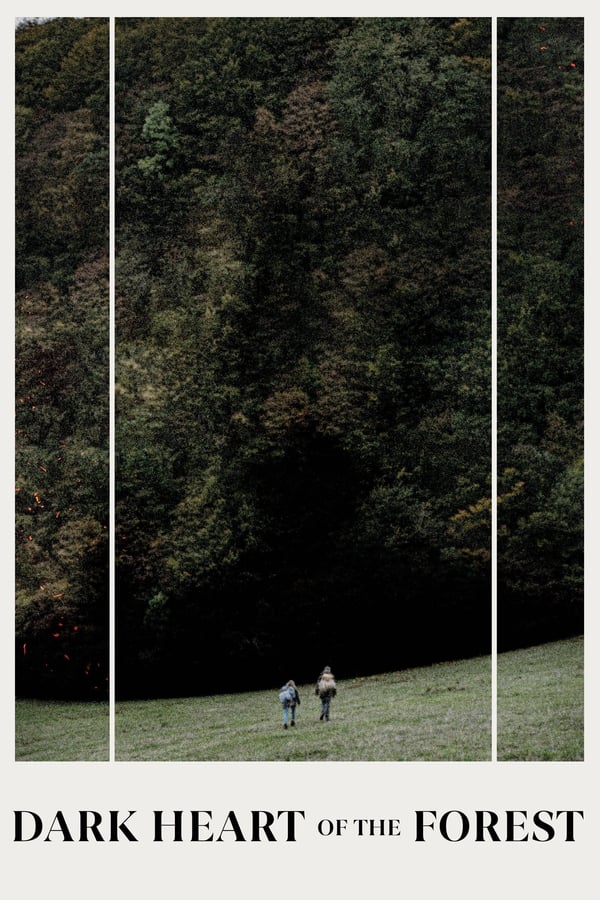Trailer
Toggle light
Comments
56 Views
Report
FavoriteIf current server doesn't work please try other servers below.
Server
Vidsrc
Server
1080P Only No ads
Server
GD
Server
StreamBucket
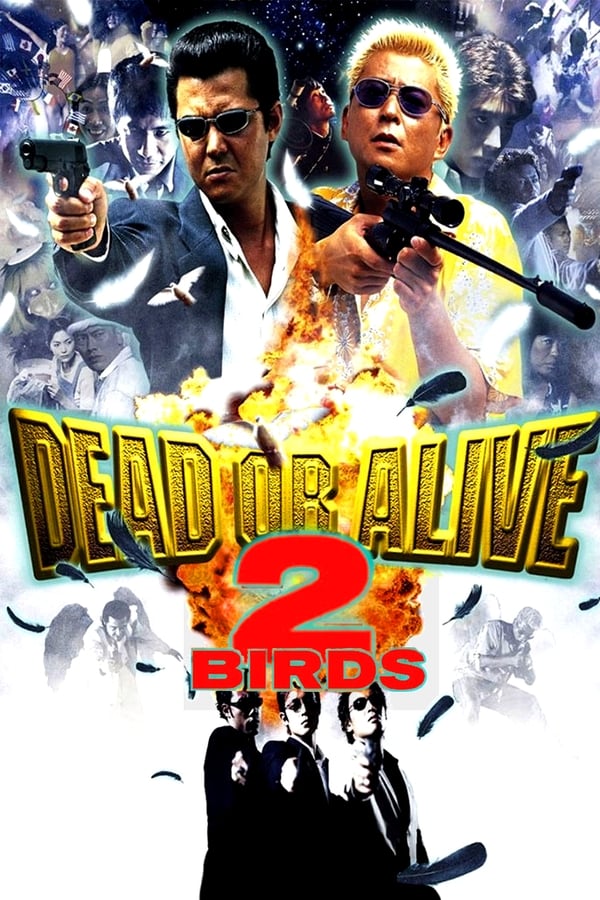
Dead or Alive 2: Birds 2000 Full Movie
Dead or Alive 2: Birds Full Movie – A Tale of Friendship and Betrayal
In the gripping narrative of Dead or Alive 2: Birds Full Movie, we follow the story of Mizuki, a skilled assassin caught in the crossfire of a yakuza-triad turf war. Hired by a notorious gang to eliminate an officer, Mizuki’s mission takes an unexpected turn when another assassin beats him to the target. This encounter sparks a journey of self-discovery and reflection as Mizuki grapples with his past and the choices that led him to this violent life.
The Assassin’s Dilemma
As Mizuki returns to his base of operations, he fabricates a story about being the ultimate killer to collect his payment. However, his curiosity is piqued when he learns that the other assassin is named Mizuki Kohei. Determined to uncover the truth, Mizuki begins tracking down his rival. During a phone call to make a booking, he unexpectedly runs into his contractors, who attack him. Realizing the danger is too great, Mizuki decides to retreat to his childhood home on a secluded island off the coast of Japan.
Fleeing to the Island
Meanwhile, the other assassin, fearing the repercussions of his actions, also seeks refuge on the same island. As Mizuki boards the ferry, he buys a bowl of noodles, a nostalgic reminder of his childhood trips to the mainland. This moment is beautifully intercut with scenes of the other assassin sharing the same experience. Upon arriving on the island, Mizuki confronts the other assassin, revealing his identity as Shuuichi, his childhood friend. The two agree to pause their violent paths and reminisce about their shared past.
Childhood Memories and Reunions
A flashback sequence transports us to their childhood, where Mizuki, Shuu, and their friend Kohei played on the beach, finding joy in their otherwise routine life at the orphanage. The head of the orphanage, a devout Roman Catholic, provided a nurturing environment until Mizuki was adopted and moved to the mainland. As time passed, Mizuki’s letters to his friends ceased, revealing a tragic truth about his adopted parent’s demise and his subsequent flight from the system.
Similar Content
Rediscovering the Past
Reunited with Kohei, Mizuki and Shuu revisit their childhood haunts, including their old school, where they engage in friendly competitions and play football. Kohei invites them to stay with him and his pregnant wife, encouraging them to visit their former guardian, who has suffered severe burns and is now immobile. The visit stirs up memories, and the trio watches old Super 8 films of their adventures, deepening their bond.
A Twist of Fate
As they reconnect, a traveling theatre group arrives on the island but faces an unfortunate accident, leaving two performers unable to entertain the local children. Shuu, overwhelmed with emotion, overhears the news and offers their assistance, which the theatre company gratefully accepts. However, the orphanage’s new head grows increasingly concerned about Shuu’s involvement, recalling past incidents where Mizuki and Shuu had taken over a school production.
Facing the Consequences
While the theatre performance unfolds successfully, the violence of the gang war escalates on the mainland. Kohei’s wife discovers a newspaper article linking Shuu to the initial killings, raising alarms about their past. Reflecting on their former selves, Mizuki and Shuu decide to join forces against the yakuza and triads, channeling their efforts into a noble cause: providing water and medical supplies for children in Africa.
The Final Confrontation
As they raise substantial funds for their cause, Shuu’s deteriorating health becomes a pressing concern. The two assassins confront the remaining gang members, emerging victorious but severely wounded. With their lives hanging in the balance, they make one last trip back to the island, ordering their beloved noodles together. In a heart-wrenching moment, Mizuki dies in Shuu’s arms, leaving a profound impact on the audience.
A Bittersweet Conclusion
As the film draws to a close, Shuu carries Mizuki’s lifeless body up a hillside overlooking the harbor, a poignant reminder of their childhood bond. The screen fades to images of their past, encapsulating the essence of their friendship. The film ends with a haunting insert that reads, “WHERE ARE YOU GOING?” before transitioning to Kohei and his wife returning from the hospital with their newborn baby, symbolizing the cycle of life amidst the backdrop of loss.
Experience the Journey in Dead or Alive 2: Birds Full
You may also like
×
